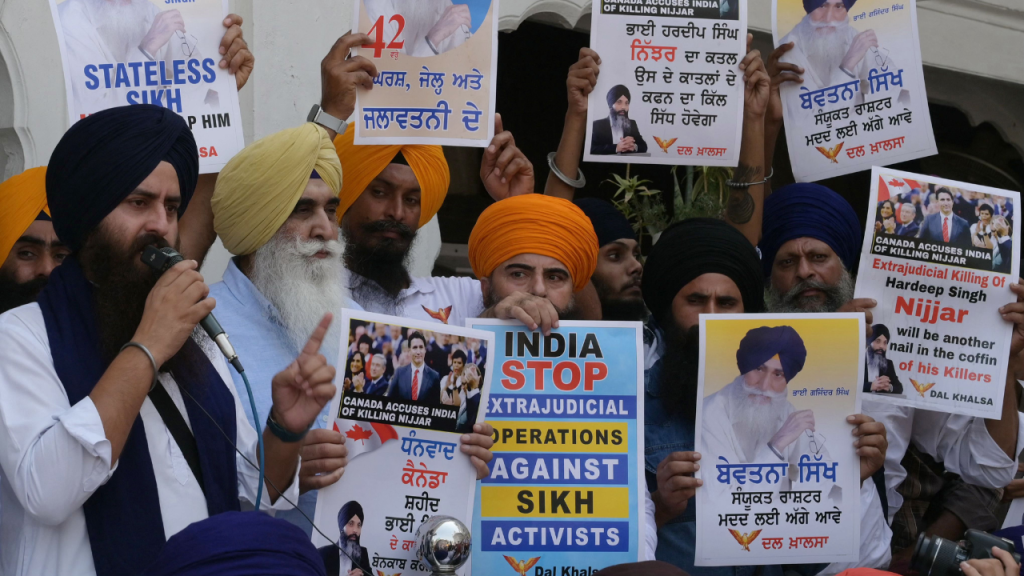The Czech Constitutional Court has rejected a petition by Indian man Nikhil Gupta who was attempting to avoid extradition to the United States. Gupta is accused of directing a plot to kill a Sikh separatist on American soil. He was arrested by Czech authorities in June last year when he traveled from India to Prague. The final decision on whether to extradite Gupta will be made by Justice Minister Pavel Blazek. The court ruled that lower courts had considered all aspects that may prevent extradition and rejected Gupta’s complaint. It also dismissed arguments that the case was political, stating that the extradition would not violate any constitutionally guaranteed fundamental rights.
The Indian government employee, Nikhil Gupta, is accused by U.S. federal prosecutors of working with an Indian government official on a plot to kill a New York City resident who advocated for a sovereign Sikh state in northern India. The Justice Ministry spokesman stated that Minister Blazek would assess the court’s decision before ruling on the extradition itself. Gupta’s arrest in Prague last year has sparked a debate on U.S. extradition requests in the Czech Republic. While the country has previously agreed to such requests, the case of Gupta has brought attention to the legal and political implications of extradition cases.
The Constitutional Court’s rejection of Gupta’s petition brings an end to the proceedings before Czech courts. The court stated that there were no circumstances that would violate any constitutionally guaranteed fundamental rights and freedoms by declaring the extradition admissible. Gupta’s attempt to avoid extradition has faced multiple legal hurdles, including arguments about political implications of the case. The decision by the Czech Constitutional Court paves the way for Justice Minister Pavel Blazek to make a final ruling on Gupta’s extradition to the United States.
The case of Nikhil Gupta highlights the complexities of international extradition cases and the legal considerations involved in such matters. Gupta’s alleged involvement in a plot to kill a Sikh separatist on American soil has brought attention to the legal and political implications of extradition requests. The decision by the Czech Constitutional Court to reject Gupta’s petition and uphold the lower courts’ decisions demonstrates the thorough consideration given to all aspects that may prevent extradition. The final ruling by Justice Minister Pavel Blazek will ultimately determine whether Gupta will be extradited to the United States to face charges in connection with the foiled assassination plot.
Gupta’s extradition case has sparked a debate on international extradition requests and the legal mechanisms involved in such proceedings. The Czech Republic’s history of agreeing to U.S. extradition requests has brought attention to the legal implications of such cases. The decision by the Constitutional Court to reject Gupta’s petition and uphold the lower courts’ rulings reinforces the legal process involved in extradition cases. Justice Minister Pavel Blazek’s final ruling on Gupta’s extradition will have far-reaching implications for the legal and political considerations surrounding international extradition requests. The case of Nikhil Gupta serves as a reminder of the complexities involved in international extradition cases and the legal considerations that must be taken into account in such matters.


